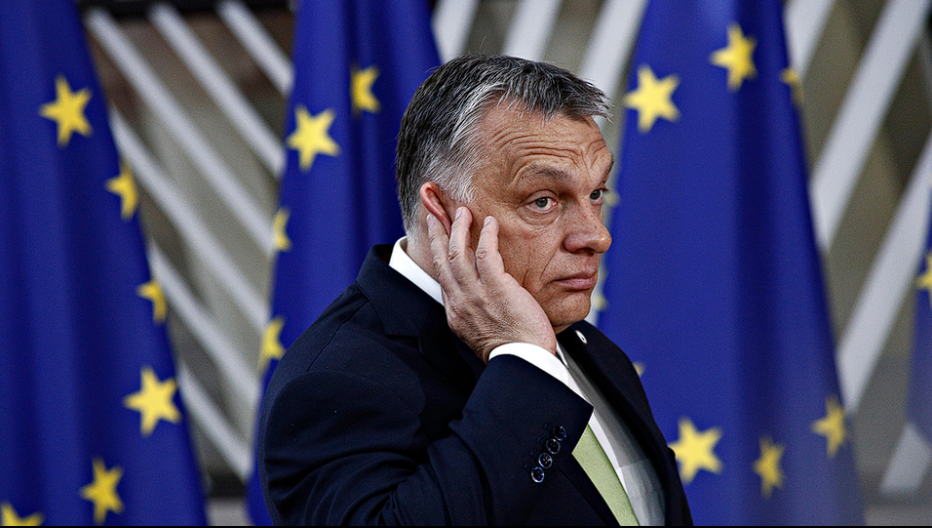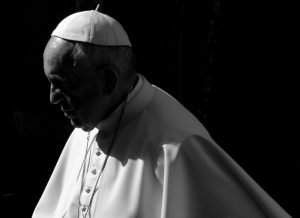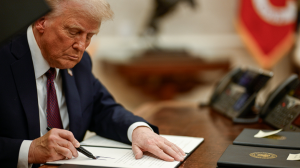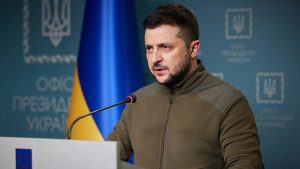Viktor Orbán’s political future is in jeopardy following a surprising EU election setback in Hungary.
Others are reading now
Hungarian Prime Minister Viktor Orbán, a prominent figure in European politics, finds himself at a critical juncture. Bloomberg’s analysis of Hungary’s recent EU election results suggests that Orbán’s grip on power may be weakening.
Pre-election polls had predicted a commanding lead for Orbán’s party, Fidesz, with nearly 50% voter support. However, the actual results told a different story, with Fidesz securing just under 45%.
While still the largest party, the outcome marks a significant setback, especially as the opposition party Tisza, led by Peter Magyar, captured an impressive 31%.
A New Political Threat Emerges
Peter Magyar’s rise poses a genuine threat to Orbán’s long-standing dominance. Bloomberg describes this election result as the potential “beginning of the end” for Orbán, who has been in power for 14 years.
Also read
The unexpected success of Tisza signals a shift in the political landscape that could challenge Orbán’s leadership in the upcoming national elections in two years.
Orbán’s Response and EU Relations
Despite the disappointing results, Orbán declared victory, emphasizing the resilience of Hungarian democracy. “In a wartime situation and in a tough fight, we have achieved important victories,” Orbán told his supporters, according to Reuters.
Orbán’s recent foreign policy stances, particularly his close ties with Russia and resistance to supporting Ukraine, have sparked significant backlash within NATO and the EU.
There are talks of reducing Hungary’s influence within the EU as a consequence of these positions, further complicating Orbán’s political standing.
Peter Magyar, relatively new to Hungarian politics, has capitalized on public discontent with promises to eradicate corruption and restore democratic checks and balances. He described the election results as a political “earthquake” and a decisive blow to Orbán’s “power factory.”
With national elections looming in two years, the political future of Hungary is poised for significant changes.
The coming months will reveal whether Orbán can maintain his hold on power or if Magyar’s vision for Hungary will resonate with a broader electorate.








